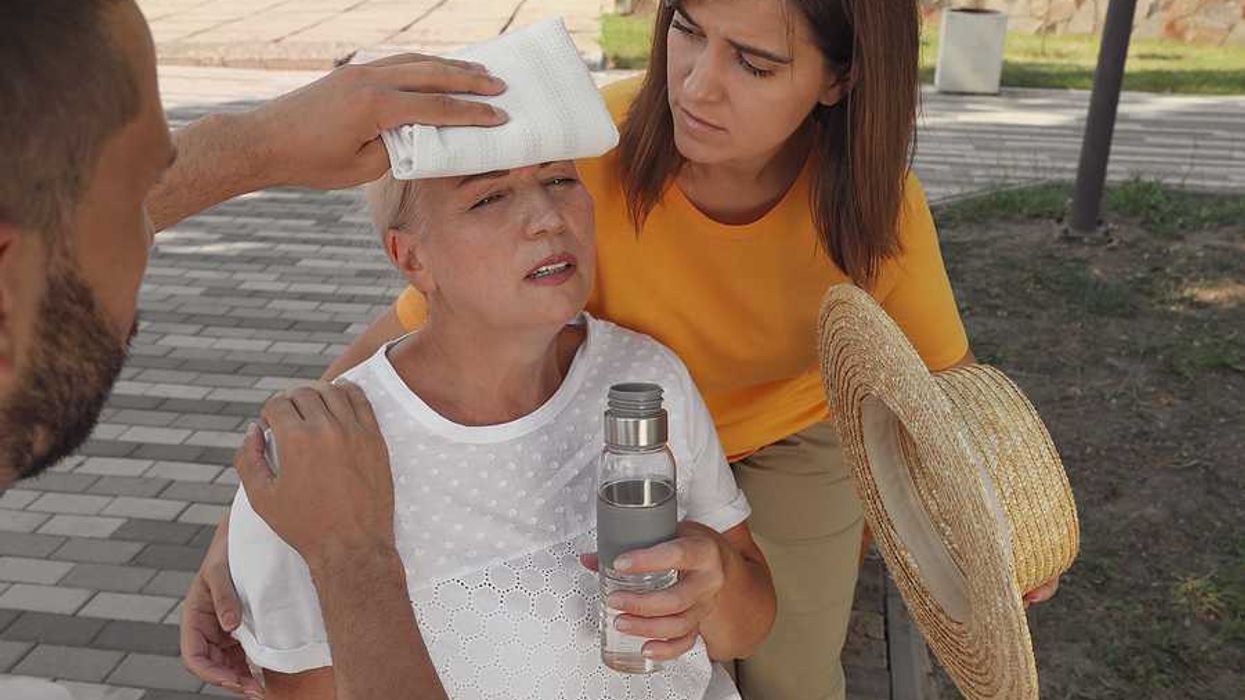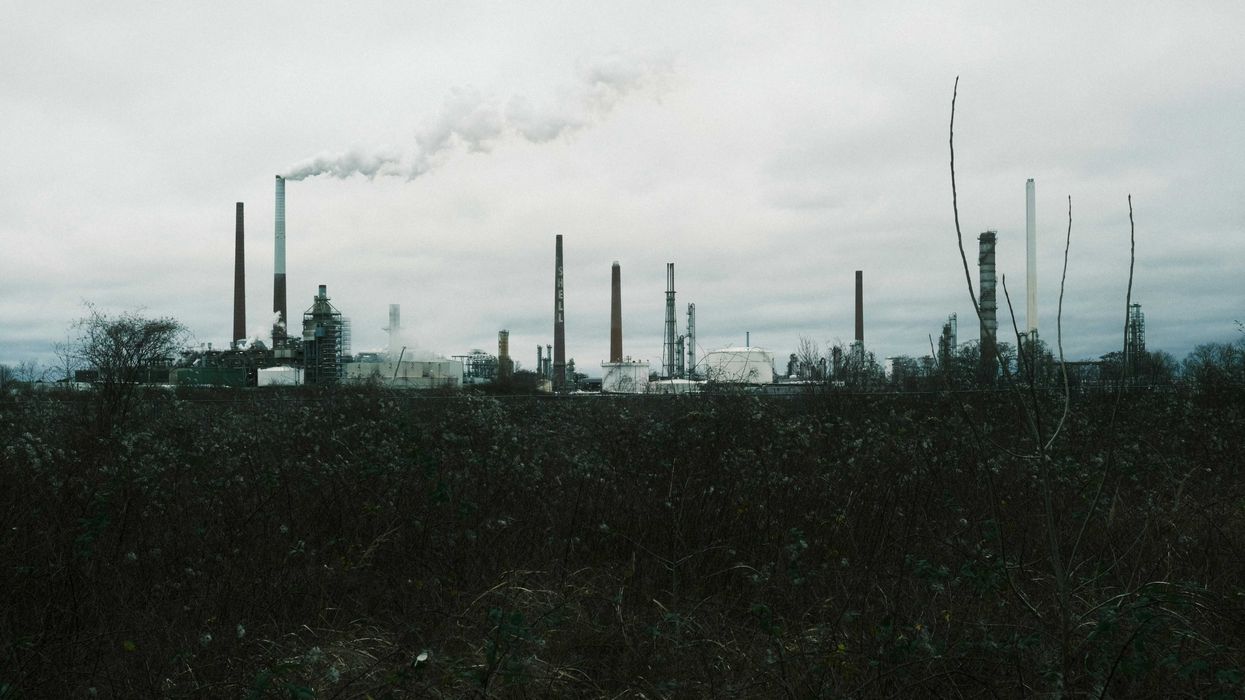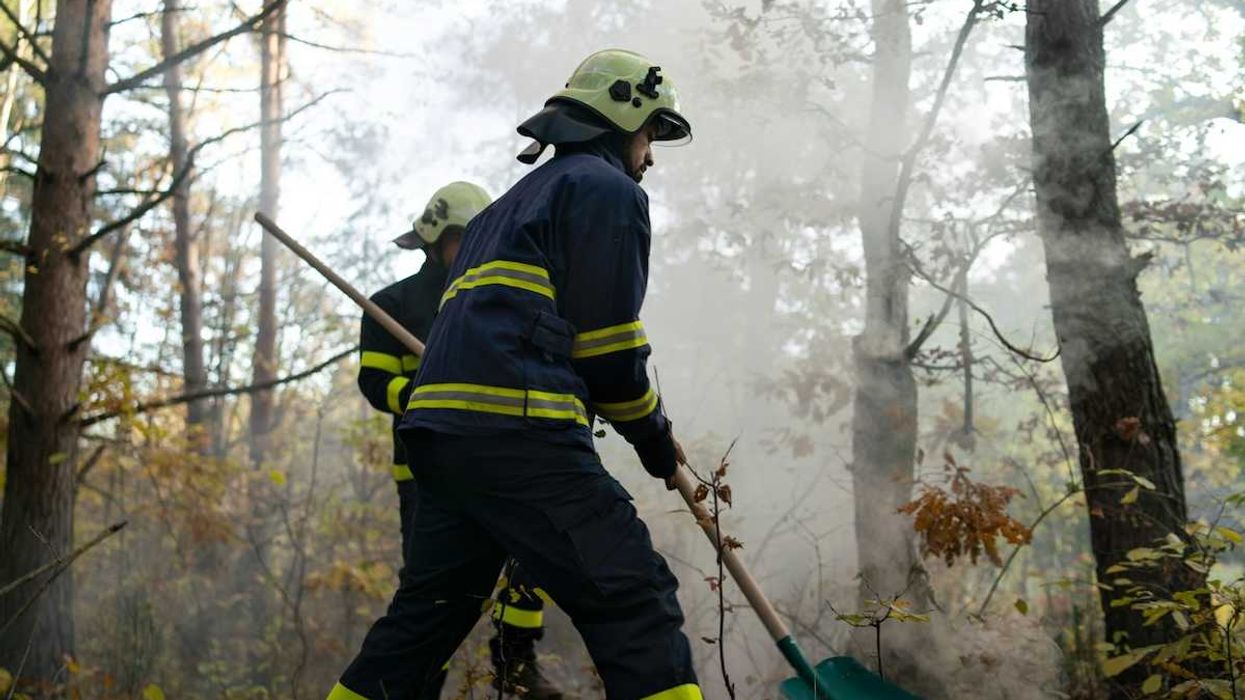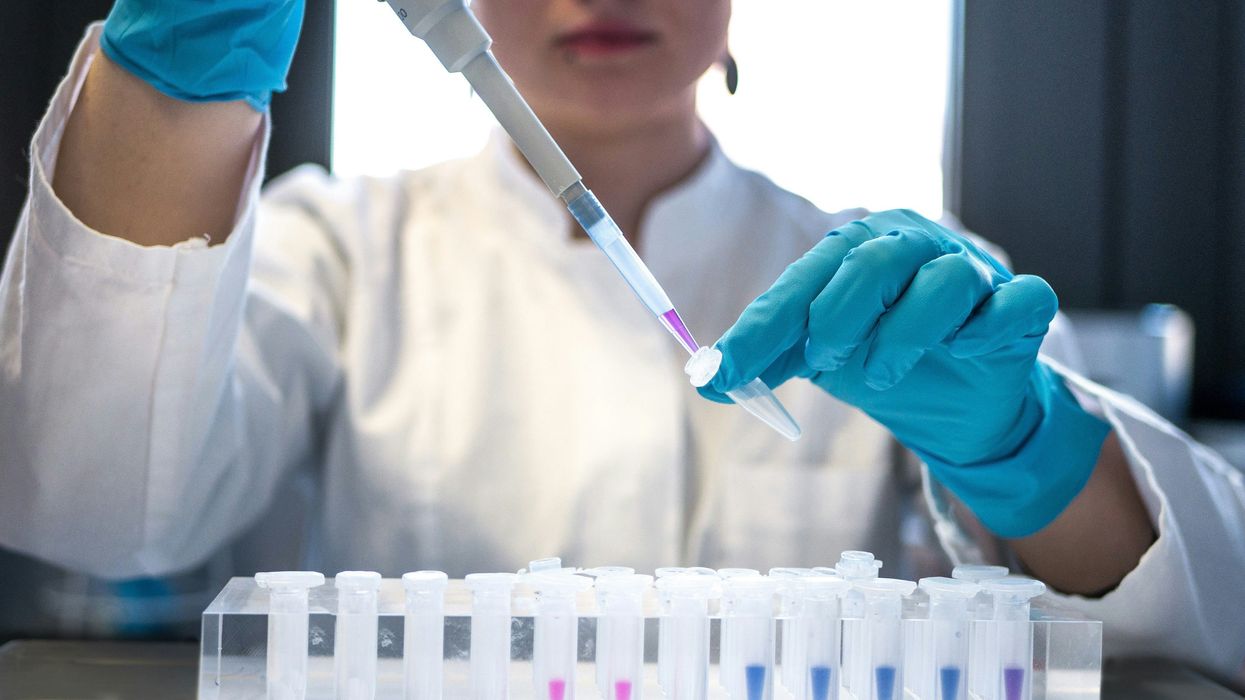A new book uncovers the damning, decades-long pattern of corporate deception and public health harm at the core of Johnson & Johnson’s business model.
Alexander Zaitchik reports for The New Republic.
In short:
- No More Tears by Gardiner Harris reveals how Johnson & Johnson knowingly sold talc-based baby powder contaminated with asbestos, triggering thousands of cancer cases while burying evidence and manipulating science.
- The company aggressively marketed drugs like Tylenol, Procrit, and Risperdal by suppressing adverse data, bribing doctors, and expanding markets through disinformation — often at the expense of children and vulnerable patients.
- The book also implicates the Food and Drug Administration (FDA), portraying it as a captured agency that failed to protect public health due to industry influence, weak oversight, and revolving-door politics.
Key quote:
“No major government agency has failed as fully, frequently, or consistently as the FDA.”
— Gardiner Harris, author of No More Tears
Why this matters:
Gardiner Harris’ exposé is both meticulous and infuriating, capturing how J&J’s iconic red logo masked decades of deception. In a skewed system where profits are prioritized over people, the consequences are real: from cancer diagnoses in babies to unnecessary deaths from common painkillers. In a world where corporations have outsized power and influence, No More Tears asks whether the real danger isn’t the drugs or the powders, but the blind faith placed in those selling them.
Read more:














